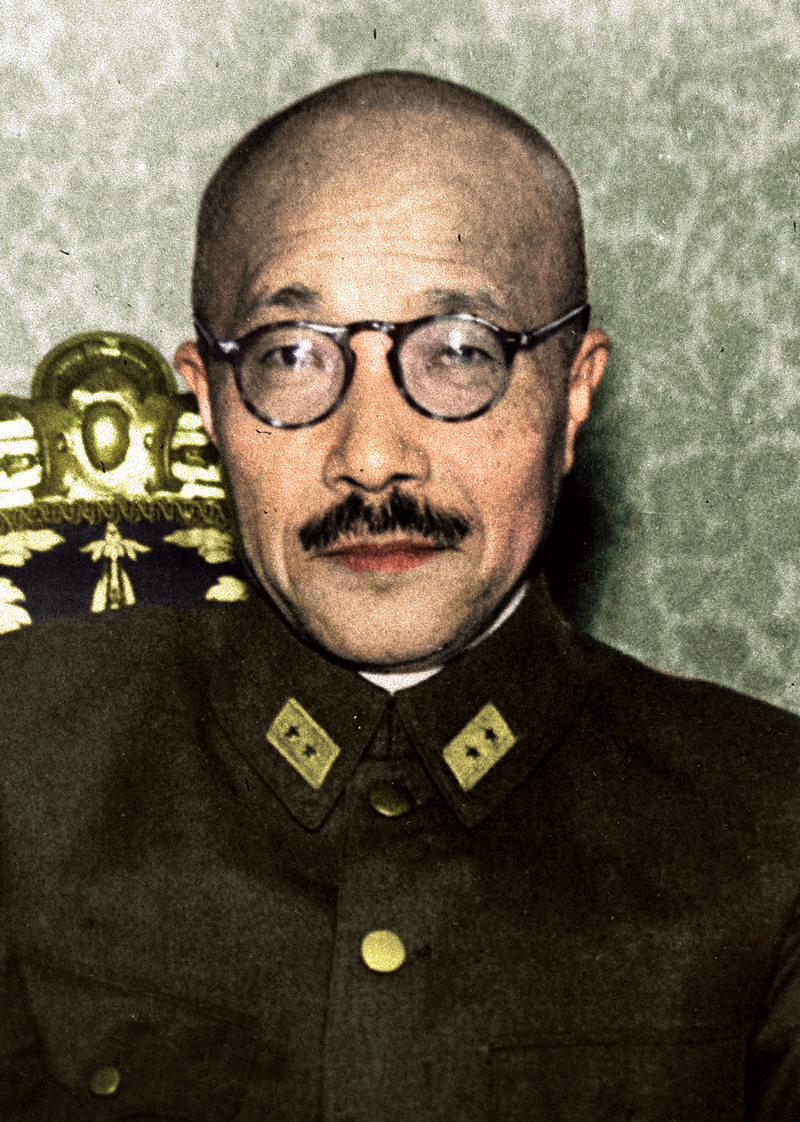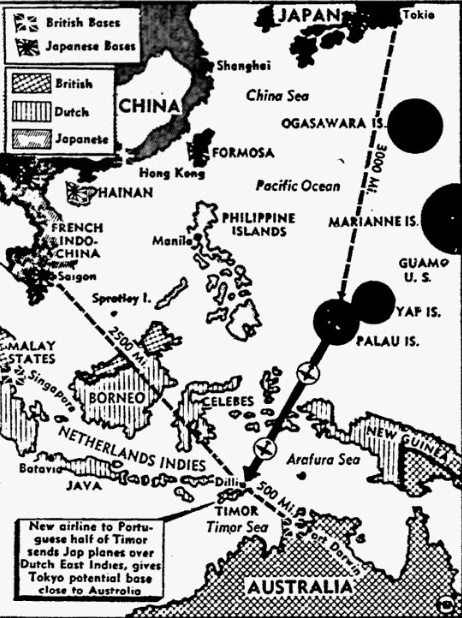U.S. Department of State (October 11, 1941)
894.20211/504Memorandum by the Chief of the Division of Far Eastern Affairs to the Secretary of State
Washington, October 11, 1941.Mr. Secretary: You will no doubt have noted that considerable publicity was given by the press to the resolution submitted by Senator Gillette of Iowa and Senator Johnson of Colorado in the Senate on October 2 for creating a special Senate Committee of five members to make a complete investigation of subversive activities in this country by alien groups and by groups of American citizens of dual nationality, and that Senator Gillette’s remarks on the floor of the Senate prefatory to submission of the resolution related to increased Japanese espionage and “Fifth Column” activities in this country. For your ready reference there are attached a few clippings dealing with the Senate resolution in question as well as a copy of the resolution itself and the issue of the Congressional Record containing Senator Gillette’s remarks introducing the resolution.
It will be noted that Senator Gillette stated in his remarks that he and Senator Johnson were offering the resolution after consultation with and with the approval of the Department of Justice, the Federal Bureau of Investigation, and the Army and Navy Intelligence Units.
This Division feels that a beneficial purpose would be served, both with respect to our relations with Japan and with respect to the preservation of our defense secrets, if you would informally bring the matter of the continued espionage activity of Japanese agents in this country to the attention of the Japanese Ambassador and request that he consider the advisability of initiating action to curb such activity.
It is suggested that in the course of such a conversation with the Ambassador you may care to refer to the case of Lieutenant Commander Tatibana, of the Japanese Navy, against whom prosecution on the charge of conspiracy to violate our espionage laws was dropped and who was allowed to leave this country as a result of the personal intercession of the Ambassador and in view of the Ambassador’s special interest in preserving and promoting friendly relations between Japan and the United States. You may also care to remind the Ambassador of the cases of two other officers of the Japanese Navy, Lieutenant Commander Okada and Engineer Lieutenant Yamada, associated with Lieutenant Commander Tatibana’s espionage activity in this country, which cases also were settled quietly and expeditiously out of consideration of the Ambassador’s solicitude for Japanese-American relations. Reminding him of these cases you may then wish to mention that, in reply to a recent inquiry of the Department of Justice as to the policy of the Department of State with respect to continued espionage activity in this country, this Department stated that where the evidence of the Department of Justice appears conclusive this Department will not interfere with the arrest and prosecution of individuals involved. At the same time, it might be well to draw the attention of the Ambassador to the agitation in the Senate and among the investigative agencies of this Government for positive measures to suppress reported Japanese espionage and so-called “Fifth Column” activity, and to the publicity which this agitation is receiving in the press, and impress upon the Ambassador in the interest of American-Japanese relations, the improvement of which you know the Ambassador has close to his heart, that the need of curbing espionage or other irregular activities of Japanese agents in this country is urgent.
MAXWELL M. HAMILTON
793.94/16933a: TelegramThe Secretary of State to the Ambassador in Japan
Washington, October 11, 1941 — 5 p.m.
650.Reference previous telegrams in regard to damage to the Tutuila and Embassy staff residence at Chungking during air raid of July 30.
The Department desires that you address a note to the Foreign Office in which, after making appropriate reference to the assurances conveyed to the Department by the Japanese Ambassador on July 31 in regard to indemnification to be made for damages sustained by the USS Tutuila and the American Embassy at Chungking as a result of Japanese aerial bombing, you inform the Foreign Office that the Navy Department has advised the Department that the damages sustained by the USS Tutuila are in the total sum of twenty-seven thousand forty-five dollars and seventy-eight cents ($27,045.78), United States currency.
For your information the above-mentioned sum contains items of damage classified as follows, in the amounts specified:
a) United States Government: Twenty-five thousand seven hundred fifty-four dollars and thirty-eight cents ($25,754.38).
b) USS Tutuila wardroom mess: Five dollars ($5.00).
c) Commissioned personnel of the USS Tutuila: Five hundred dollars ($500.00).
d) Crew members of the USS Tutuila: Two hundred eighty-six dollars and forty cents ($286.40).
e) Dry-docking charges: Five hundred dollars ($500.00).
The above itemized classification should not be transmitted to the Foreign Office unless such a statement is requested, in which case you may supply it in the form of an unofficial letter.
- You may add that the Department has not yet received from the Embassy at Chungking a statement in regard to Embassy property damaged or destroyed as a result of Japanese aerial bombing, but that as soon as such a statement is available the Foreign Office will be informed.
Sent to Tokyo via Shanghai. Repeated to Beiping and Chungking.
HULL

